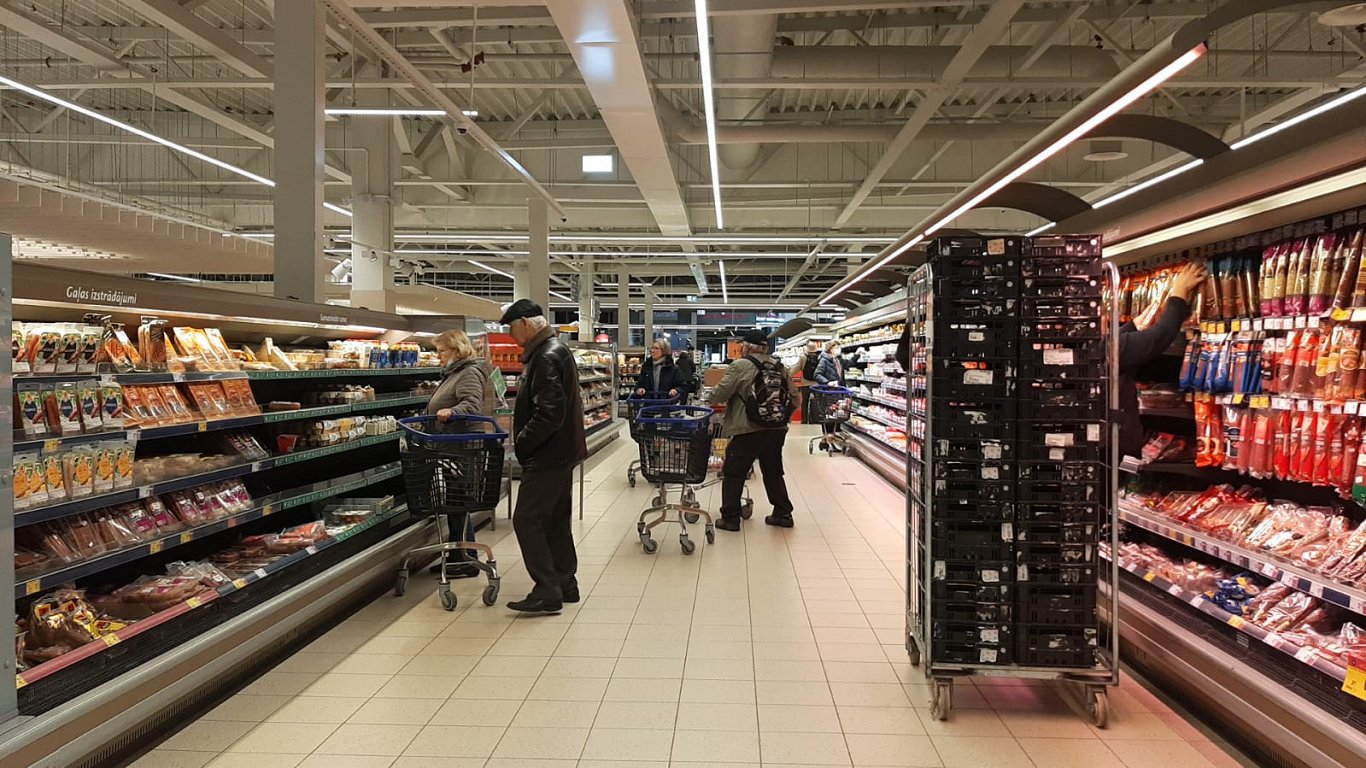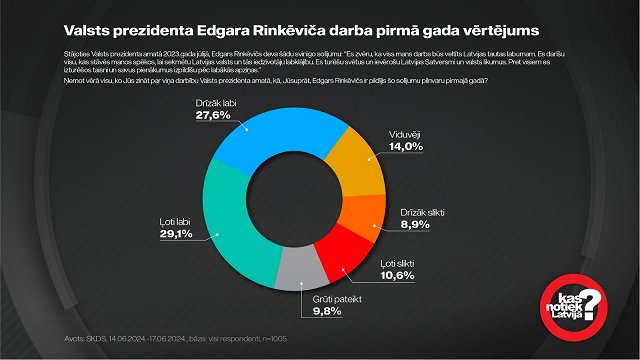In anticipation of future price increases for goods and services, citizens plan to withdraw from entertainment, reduce the amount of savings, and work more or sell unused things.
According to the survey, 84% of the population can currently afford food and 74% can pay household bills. Less than half of respondents noted that they could still afford to buy new clothes or have coffee in cafes. Nearly a third of the population said they could afford coffee shops and new clothes, but they didn't want to spend money on it right now.
40% of respondents can't afford to buy a new phone or big household appliances, and nearly as many people would have money for these goods, but they don't want to spend it.
About half of the population cannot afford to travel abroad at this time, but an absolute majority - 75% - cannot afford a new car.
"Continuous, unanticipated high inflation is forcing residents to change habits and start reviewing their consumption habits and changing priorities. It's never pleasant. In addition, it should be noted that the most severe burden is still ahead, commented Dainis Gašpuitis," economist at SEB Bank.
The survey shows that more than 60% of the population have changed their habits, including reduced spending by choosing cheaper goods, as well as reducing spending in general: choosing to drive less, walk more, eat out less. Around 25% of the population have not yet changed their habits, but plan to do so. Only a small fraction doesn't plan to change habits right now.
39% of respondents note that they were forced to reduce the amount that is diverted to savings, and 36% of the population say they have already started to use their stockpiles to cover daily spending. 38% of those surveyed were forced to stop doing specific things entirely, such as visiting gyms and SPA. In turn, a third of the population currently shops in second-hand stores more than previously.
To increase their income, about a quarter of the population already works more hours or has additional work. Another 40% consider this possibility in the future. On the other hand, more than 60% of respondents have already started selling different cases or are planning to do so.
The survey of residents, in cooperation with SEB Bank, was conducted by Kantar in June this year and involved 800 residents of Latvia aged 18 to 65.






























